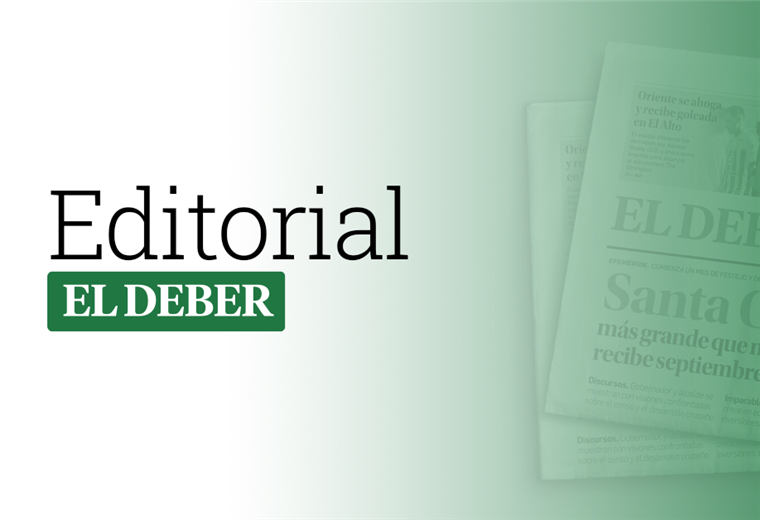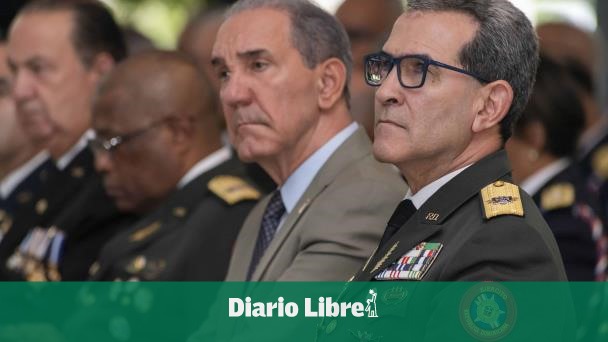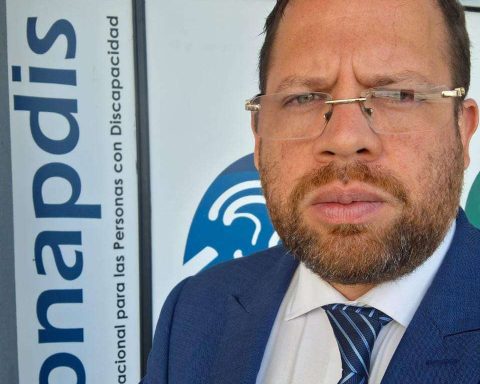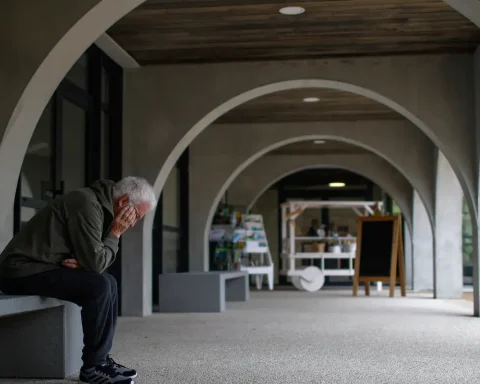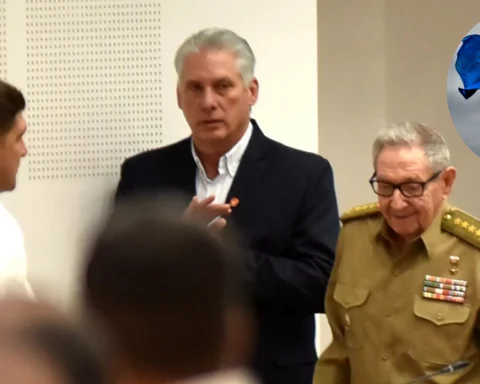August 1, 2024, 4:00 AM
August 1, 2024, 4:00 AM
Bolivia’s economic situation is in a critical state due to the shortage of dollars and fuel, problems that have worsened in recent months and require urgent measures to avoid a greater collapse. The recent Economic Forum organized by the Chamber of Industry, Commerce, Services and Tourism of Santa Cruz (Cainco) has put on the table a series of proposals and diagnoses that could be key to the country’s recovery.
Alejandro Werner, former director of the International Monetary Fund (IMF), offered a blunt analysis: the public sector deficit is the main problem that must be addressed to achieve fiscal balance. Bolivia spends more than it has, which is reflected in a current account deficit. Werner emphasizes that a correction of public finances is essential, both on the tax side and by reducing spending. He also underlines the need to review the fixed exchange rate of the boliviano, which no longer fits the economic reality of the country. A weaker exchange rate could better reflect the balance of payments and help stabilize the economy. In addition, a favorable regulatory environment for private investment needs to be created.
Cainco’s proposal includes a fiscal adjustment to prevent contagion to the banking system and deepen the crisis. The situation is further complicated by the shortage of dollars and the lack of foreign currency needed for imports.
Economists warn that without correcting macroeconomic imbalances, it will be difficult to resolve these problems. The fiscal deficit, caused by a State that spends more than it earns, forces the country to seek resources in the domestic economy, resulting in the loss of international reserves and restrictions on exports. In this context, resorting to the IMF for external financing appears to be a viable option. A program with the IMF could help reopen these markets and provide the financial support necessary for economic stabilization.
Furthermore, Bolivia is currently immersed in social protests due to the shortage of dollars and fuel. Political uncertainty generates negative effects on investment and deteriorates the productive apparatus. It is evident that the Government fears the effects of removing the subsidy, but in a survey carried out by EL DEBER on X (formerly Twitter) it is evident that 48% agree with its elimination, 44% with its readjustment and only 8% with its maintenance. There are even Bolivians who cross into Argentina to buy fuel at international prices.
The Agricultural Chamber of the East has warned that the food supply is in danger. Today, the inhabitants of Santa Cruz will suffer the consequences of an urban transport strike with the blockade of several streets. And the heavy transport sector is threatening a national strike if the problem of diesel availability is not solved.
In short, Bolivia’s economic situation requires a comprehensive and coordinated approach that addresses fiscal imbalances, adjusts the exchange rate, promotes private investment and seeks international financial support. Only with firm measures and political and economic stability will the country be able to overcome this crisis and move towards a sustainable recovery.
